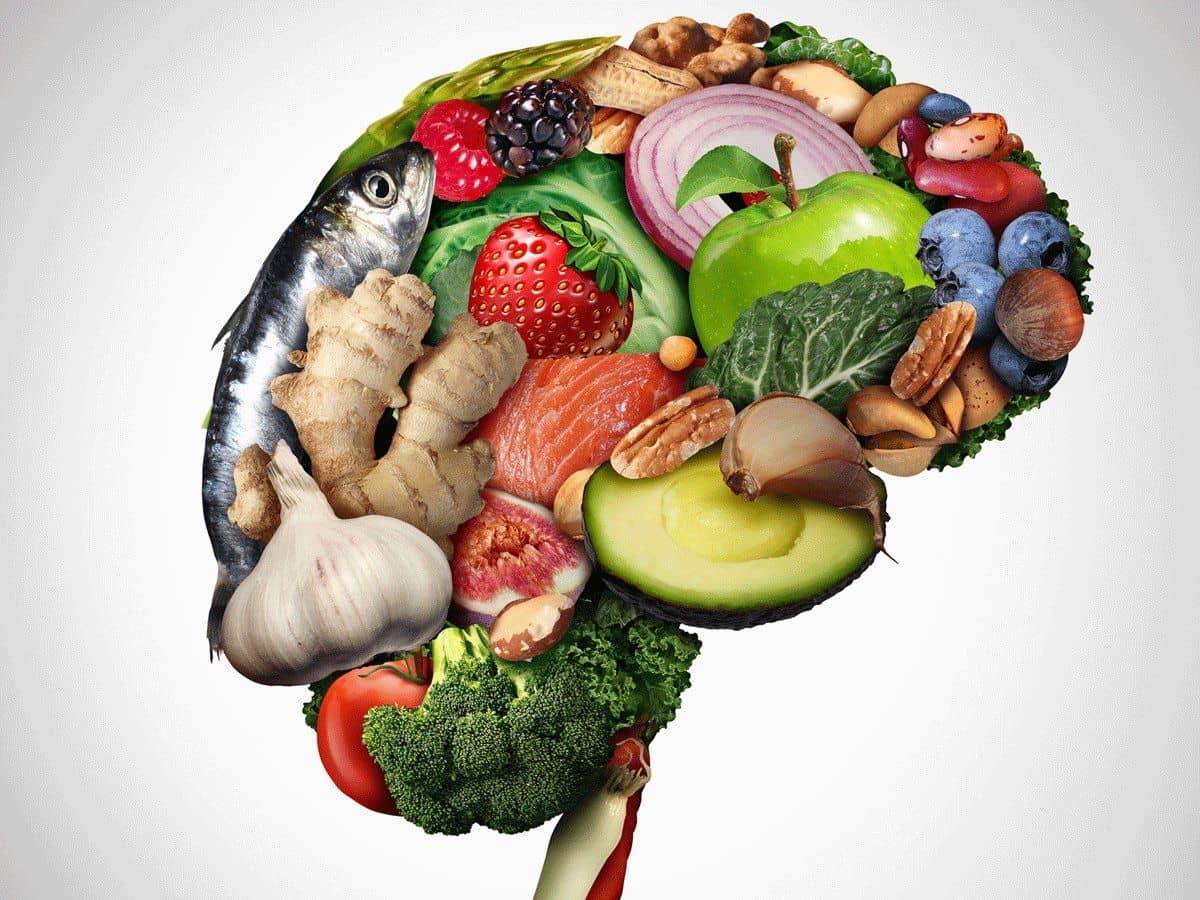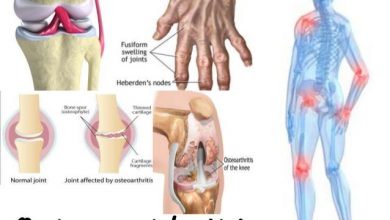Increasing the success rate of IVF
When an egg is fertilized with sperm outside the body, the fetus is transferred to the uterus, where the pregnancy begins, if successful. The 30 days prior to the IVF cycle are critical to ensuring that your body is healthy and fully prepared for this medical procedure. During the preparation, start, and completion of a cycle, you may experience different feelings. Emotions such as anxiety, sadness, and uncertainty are common.
How does an IVF cycle work?
Getting ready:
Preparation begins two to four weeks before the IVF cycle. To ensure you are at your best, make small lifestyle changes. In order to regulate your period, your doctor may prescribe medication. It makes it easier to start the rest of the IVF process.
The first step is:
One day is all it takes to complete this step. It is the first day of your period closest to the planned treatment that marks the start of IVF.
The second stage is:
Fertility drugs stimulate or wake up your ovaries. As a result, the ovaries release more eggs than usual. It can take anywhere from three to twelve days to complete this step.
The third stage is:
Pregnancy hormones will be injected at this point. Your ovaries release some eggs when you take this hormone. You will be in the fertility clinic 36 hours after the injection to have the eggs removed by your doctor.
Step four:
Either your partner prepares the sperm in advance or he does it during fertilization. The new eggs are fertilized within a few hours in any case. Progesterone is the hormone you start taking at this time. During pregnancy, this hormone helps prepare your uterus for a healthy pregnancy and reduces miscarriage risk.
The fifth step is:
A healthy fetus is returned to your uterus less than a week after your eggs are harvested. It is a noninvasive method, and you will not feel anything during it.
The sixth step is:
Nine to twelve days later, he returned to the doctor’s office. A doctor scans the fetus to determine its health. Pregnancy hormone levels will also be checked through a blood test.

IVF success can be increased by a healthy diet:
During the weeks leading up to the cycle, a healthy diet is certainly not harmful. During this time, you do not need to make any significant changes. In women under 35 who are not overweight or obese, the Mediterranean diet may improve IVF success rates. Diet also affects sperm health, so you should encourage your partner to follow a Mediterranean diet as well.
With a Mediterranean diet, you can improve your diet in a few simple ways:
Fresh fruits and vegetables should be part of your diet.
Fish and chicken are good sources of lean protein.
Consume whole grains such as quinoa, faro, and pasta.
Include legumes, such as beans, peas, and lentils.
Choose low-fat dairy products;
Avocados, extra virgin olive oil, nuts, and seeds are healthy fats.
Processed foods, red meat, sugar, and refined grains should be avoided.
Season with herbs and spices instead of salt.
IVF success can be increased by taking supplements.
To increase the success of IVF, you can use several natural supplements. Even your partner’s sperm health can be improved by pregnancy vitamins.
Folic acid, an essential vitamin during pregnancy, should be taken 30 days (or even months) before the IVF cycle. In a developing fetus, this vitamin protects against congenital disabilities of the brain and spine. Take vitamin D supplements before your IVF cycle if your vitamin D levels are low. Autism can be caused by low vitamin D levels in the mother.
The FDA does not regulate supplements such as medicines in terms of quality and purity. Consult your doctor before adding accessories to your diet.
IVF cycle sleep:
Fertility and sleep are closely related. Researchers found that those who slept 7 to 8 hours a night were significantly more likely to become pregnant than those who slept less or more. Your IVF cycle can be helped by getting enough sleep.
Make healthy sleep a part of your daily routine by following these tips:
Maintain a temperature of 16 to 19 degrees Celsius in your bedroom.
Before going to bed, take a hot shower;
Place the lavender extract in your bedroom or bathroom.
Caffeine should be avoided four to six hours before bedtime.
Before going to bed, do not eat anything for 2-3 hours.
Relax by listening to soft music;
For at least 30 minutes before bedtime, do not use your cell phone, TV, or computer.
Stretch gently before going to bed.
The sexual experience during IVF is as follows:
Your doctor wants the best quality sperm when it comes time to receive it. Before consuming sperm, you should not have sex for three to four days. It is also recommended that couples avoid deep vaginal proximity in the early days of pregnancy to avoid irritating the cervix.
What is the best way to exercise during an IVF cycle?
It is common for women to avoid or stop exercising during the IVF cycle because they fear that their movements may not be suitable for a possible pregnancy. You don’t need to worry! During IVF, most women can continue exercising on a daily basis.
Especially if you already follow a regular fitness diet, experts suggest continuing your daily routine.
Running impairs fertility more than any other sport, so all women undergoing IVF are advised to limit their running. The thickening of the uterine wall can be damaged by running.
IVF success can be increased by:
Every woman and every cycle is different. There is no way to predict what side effects you will experience each day of each particular process. Although the IVF cycle can be unpredictable, one thing is certain: countless physical symptoms follow.
The following are some vital signs and ways to manage or even overcome the side effects of fertility drugs:
Spotting or bleeding:
Following the healing of the egg, there may be mild bleeding or spotting. If you experience bleeding or spotting during your cycle, contact your doctor immediately.
IVF causes the eggs to grow and thicken the lining, so expect the worst period of your life after the procedure. Taking painkillers as your doctor recommends is not a problem for everyone, but if you have experienced it, do not panic.
Over-the-counter remedies include:
Taking acetaminophen;
Taking ibuprofen;
Pads that heat up.
If you are taking any medication, talk to your doctor about the best dose for you.










